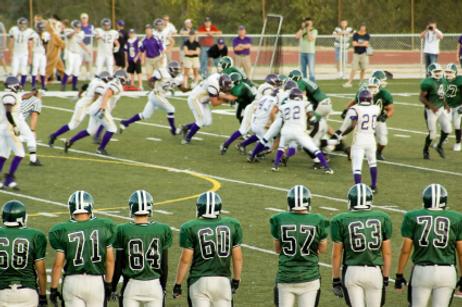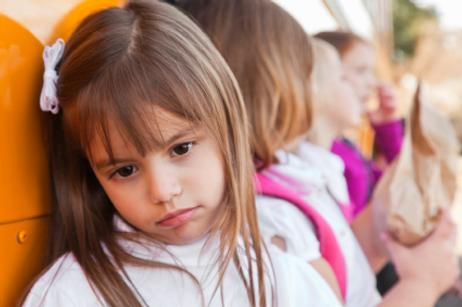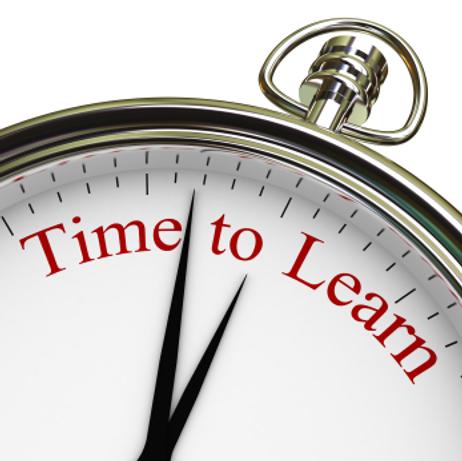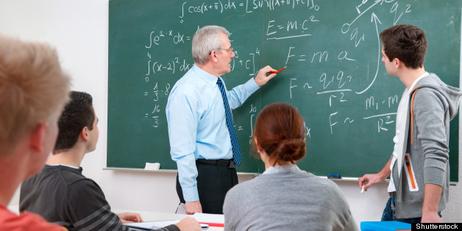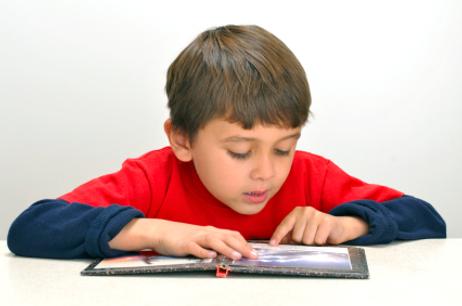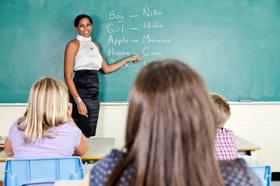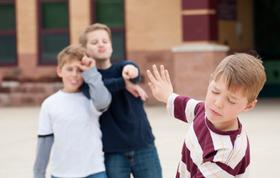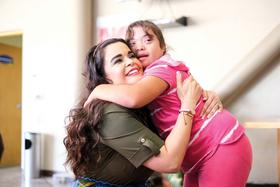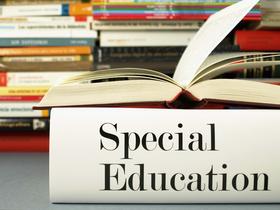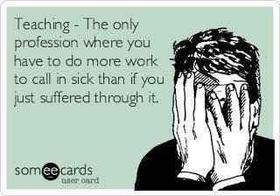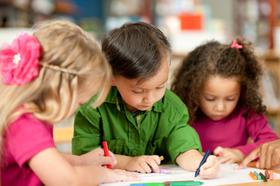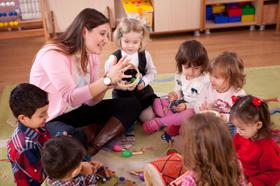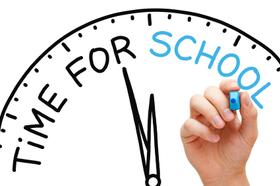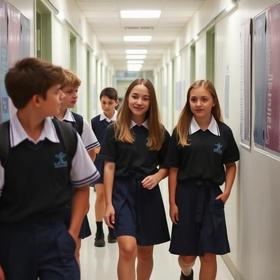The homeschooling ranks are growing in the United States, with the number of children homeschooled growing from 850,000 in 1999 to more than 1.5 million in 2007, according to the National Center for Educational Statistics.
Students who are homeschooled are usually taught the same subjects as their peers who attend public schools. Homeschooled students struggle with algebra, write up book reports, and learn to conjugate Spanish verbs – just like their public-schooled friends.
However, one aspect of the public school experience that homeschooled students cannot enjoy is participating in team sports. In recent months, parents of homeschooled children in several states began pushing to change school district rules, advocating for their children to be a part of their local public schools' sports teams. The movement has sparked debate on both sides of the issue, proving that not all parents or school districts are “team” players.
This video explains how to put your homeschooler in the public school's sports program.
Why Some School Boards Are Reluctant to Allow Homeschoolers on Their Teams
Homeschooled students can't meet academic eligibility requirements
In Illinois, the school district 301 board recently heard arguments for and against establishing a rule that would allow homeschoolers to join public school teams. According to the Courier News, one board member objected to the proposal, arguing that it would not

